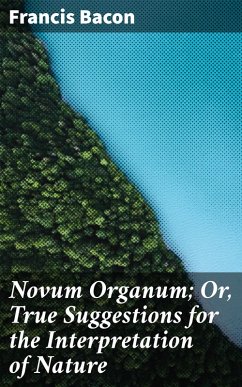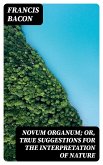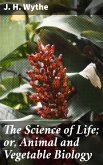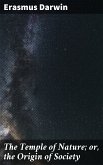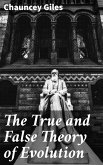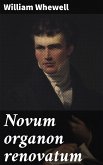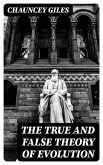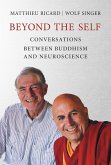In "Novum Organum; Or, True Suggestions for the Interpretation of Nature," Francis Bacon embarks on a revolutionary exploration of scientific methodology. Written in the early 17th century, this seminal work advocates for a new approach to empirical research, emphasizing observation and experimentation over the dogmatic adherence to ancient philosophies. Bacon's literary style merges clarity and rigor, employing syllogistic reasoning to challenge prevailing Aristotelian perspectives and proposing the inductive method as a systematic means of acquiring knowledge. His insights paved the way for the scientific revolution, encapsulated in memorable aphorisms that resonate with the quest for a more methodical understanding of nature. Francis Bacon, often hailed as the father of empiricism, was deeply influenced by the intellectual currents of his time, particularly the limitations he perceived in traditional scholasticism. His extensive experiences in legal and political spheres provided him with unique insights into the importance of practical knowledge. Bacon'Äôs advocacy for a reformed scientific inquiry was rooted in his belief that humanity could achieve mastery over nature through reason and understanding, a vision that was as ambitious as it was transformative. This book is an essential read for anyone interested in the foundations of modern science and philosophy. Bacon's rigorous arguments and innovative thinking not only challenged the status quo but also laid the groundwork for future thinkers. "Novum Organum" invites readers to engage in a profound intellectual dialogue about the nature of knowledge and the principles that govern our understanding of the world.
Dieser Download kann aus rechtlichen Gründen nur mit Rechnungsadresse in A, B, BG, CY, CZ, D, DK, EW, E, FIN, F, GR, H, IRL, I, LT, L, LR, M, NL, PL, P, R, S, SLO, SK ausgeliefert werden.

